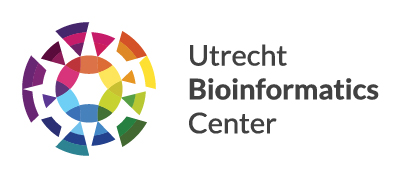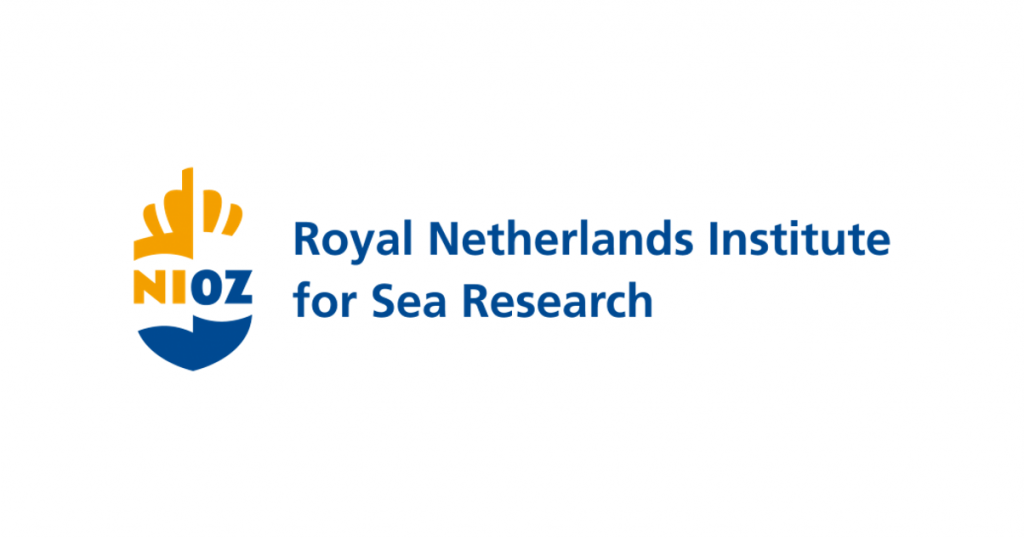The Utrecht Bioinformatics Center is very happy to announce an online mini-conference on Monday April 12 (16:00 – 17:30) with three speakers from NIOZ (Royal Netherlands Institute for Sea Research): Dr. Nina Dombrowski, MSc. Jeroen Hoekendijk and Dr. Julia Engelmann.
All three speakers are currently using state-of-the-art bioinformatics methods to carry their research. A short introduction of the speakers and the title of their talks is provided below. With the aim of facilitating collaboration between our institutes, we hope this first NIOZ-UBC webinar will help to get some momentum. Please join en masse!
To attend the webinar, please send an email to Adrien Melquiond
———————–
Nina Dombrowski: “Undinarchaeota illuminate DPANN phylogeny and the impact of gene transfer on evolution”
Nina Dombrowski is a marine microbiologist and works on increasing our understanding of uncultivable microbes. She is particularly interested in the DPANN archaea, a lineage of ultra-small and genome reduced archaea. Due to their reduced genomes, most DPANN archaea rely on a host to grow and proliferate, however, it is unknown how this specific interaction evolved – thus this question forms a key research interest of our research team at NIOZ.
Jeroen Hoekendijk: “Automated detection of seals, using convolutional neural networks”
Jeroen Hoekendijk is a marine biologist and PhD candidate at the NIOZ. He applies deep learning to detect marine mammals from aerial and satellite imagery. By using remote sensing techniques in combination with computer vision, valuable time and resources can be saved, while providing new opportunities to survey remote and inaccessible regions.
Julia Engelmann: “Elucidating bacterial and eukaryotic microbial community interactions on plastic with causal network modelling”
Julia Engelmann is a marine computational biologist at the NIOZ. She uses causal network modelling on marine microbial community composition data to generate hypothesis about which organisms are interacting with each other and their environment. Besides furthering the understanding of metabolic dependencies and the nutrient cycles in the ocean, she is particularly interested in how microbial communities are affected by anthropogenic environmental changes.

